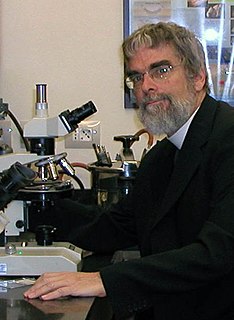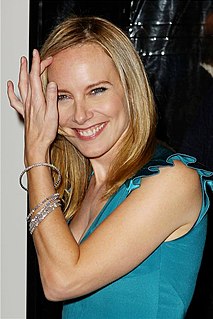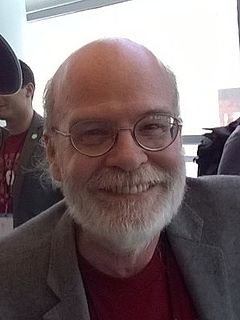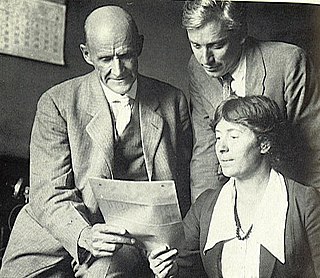A Quote by E. O. Wilson
The ideal scientist thinks like a poet and works like a bookkeeper
Related Quotes
Happy indeed the poet of whom, like Orpheus, nothing is known but an immortal name! Happy next, perhaps, the poet of whom, like Homer, nothing is known but the immortal works. The more the merely human part of the poet remains a mystery, the more willing is the reverence given to his divine mission.
You try to follow suit and the directors I work with, like Sidney Lumet (on film in Before The Devil Knows You're Dead and TV in 100 Centre Street) who thinks actors hung the moon, thinks they can do anything, but he also works really quickly, the same like Clint Eastwood, and so you better also do your homework, you know?
"You cannot believe what you are saying." "Well, no. Hardly ever. But the philosopher is like the poet. The latter composes ideal letters for an ideal nymph, only to plumb with his words the depths of passion. The philosopher tests the coldness of his gaze, to see how far he can undermine the fortress of bigotry."
It's a weird partnership. For me and Patrick, if you've met him, we're not very much alike. But we bring such different tools to the table. He doesn't think like me. I don't think like him. He thinks like an editor. He thinks like a director. He thinks completely outside of the box when it comes to writing and so because of that he leads me down roads that I would've never gone down. And he sucks at grammar. So together we're perfect.
Creativity has three layers; the ultimate is the mystic: he lives in a climate of creativity. The poet, once in a while, brings some treasures from the beyond; the scientist, also very rarely, but whenever he can visit the ultimate he brings something precious to the world. But one thing is certain - mystic, scientist or poet, whatsoever comes into this world comes from the beyond. To bring the beyond is creativity. To bring the beyond into the known is creativity. To help God to be manifested in some form is creativity.




































